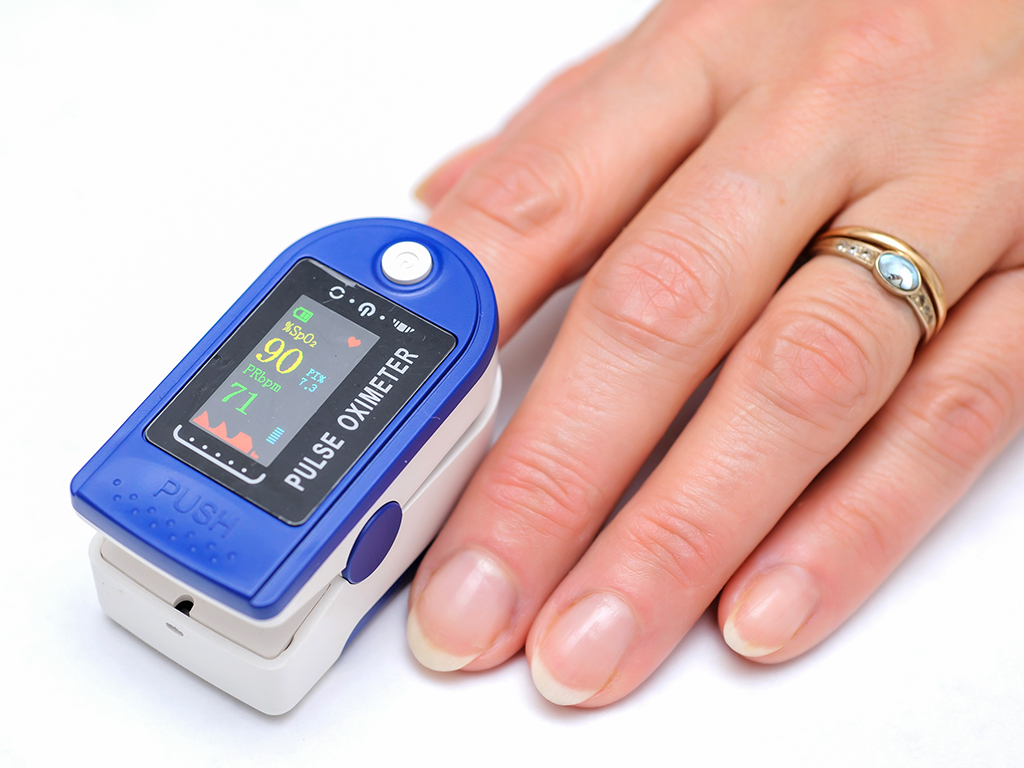Whether you’re anxious, busy, or just plain obstinate, following the recommended routine of going to the doctor every year for an annual physical exam is harder than it sounds. Despite the myriad of excuses we’re all guilty of making, the fact remains that yearly physical exams are exceptionally important.
How necessary can they possibly be, you ask? The truth is, even individuals in great health should make an annual doctor’s visit to get a more comprehensive view of their personal health, catch minor issues before they become major problems, and create an open line of communication with their doctor to share information and discuss concerns.
Why You Shouldn’t Skip Your Yearly Checkup
Aside from the obvious aspects of annual exams that make them vital—updating your immunizations, for example—there are numerous compelling reasons to adhere to a yearly schedule. Many of these motivating factors boil down to one simple fact—preventative care is better than emergency treatment.
Most people go to the doctor for one reason—because they’re sick. The frequency with which this occurs varies from person to person, but it leads to a single result. Doctors end up fighting fires rather than preventing them from starting in the first place.
Annual exams give your doctor an opportunity to assess your health on a regular basis and identify problems before they manifest themselves via symptoms. This effectively nips issues in the bud and prevents them from developing into more serious illnesses.
While there are nearly limitless examples that could be employed here, the most common and obvious include issues related to blood glucose levels, blood pressure, body mass index (BMI), and cholesterol. Evaluating these aspects of your wellbeing can help your doctor ascertain your overall health, specific areas of concern, and what changes should be implemented if necessary.
Identifying current and future issues early is one of the most important benefits of annual physical exams, but the advantages do not stop there. By maintaining a yearly schedule, you give your doctors—and yourself—the ability to observe your health in the context of several years. In other words, you can see how your body and wellbeing change over the years.
From vaccine records to shifts in your BMI, observing the long-term story of your health can establish context and alert your doctor to any concerning changes that may occur. A single exam is helpful and can be insightful, but the accumulation of years of annual exams provides a much deeper understanding of you and your health.
Without consistent physical exams, minor concerns can develop and turn into significant health problems. By visiting your doctor on an annual basis, you give them the chance to catch issues early, address them, and stop them from taking a turn for the worse.










